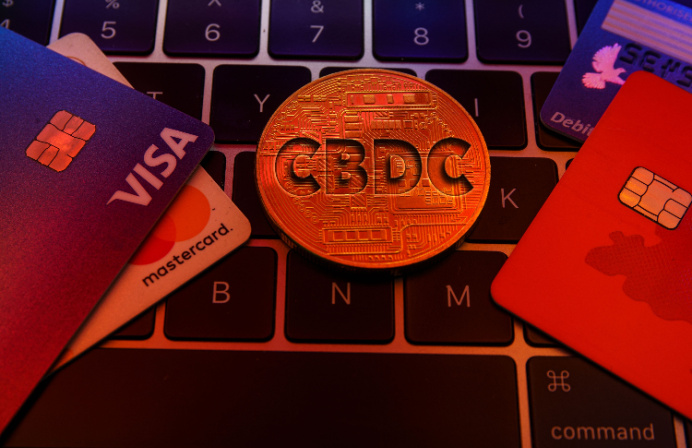
Australia’s big four banks – ANZ, CBA, NAB, and Westpac – along with insurer Suncorp have joined a first-of-its-kind interbank intelligence-sharing network designed to block payments to accounts associated with fraud or scam activities, including mule accounts.
Created by BioCatch, an Israel-headquarted developer specialising in fraud detection technologies, the ‘BioCatch Trust Australia’ network enables participating institutions to share critical information, including behaviour biometrics and device data, in real-time to help banks identify suspect accounts.
Using this data, network participants will be able to block a payment initiated by a customer before it is sent to a suspected fraud-linked account.
The technology facilitates real-time assessments of potential high-risk domestic bank accounts – namely, those that could potentially function as ‘mule accounts’, used by criminals to faciliate money laundering or fraudulent transactions.
“If the network identifies risks associated with a receiving account, BioCatch provides this intelligence to the sending bank in real-time, allowing the sending institution to review the transaction before any money leaves the sender’s account,” BioCatch said.
The ‘Trust’ service combines behavioural intelligence with digital session, payment, account, device, and non-monetary event data to assess the potential risks of receiving accounts on the network before an eligible payment is processed.
“This helps financial institutions prevent those types of scams where the fraudster manipulates the victim outside of a digital banking session (many scams originate via an email, text message, or social media post).”
To protect customers’ identities, BioCatch said it also employs “proven pseudonymisation technology”.
The unveiling of the new anti-muling network coincides with a newly released report by Lexis Nexis revealing that just one in four (27 per cent) FSIs, retail and e-commerce providers in APAC make use of data exchange initiatives in their fraud prevention activities.
The report underscored the increasing criticality of data sharing between allied organisations. Citing two real-world use cases, the report found one major global bank had improved its detection capability 17-fold, and a card issued 23-fold, through the use of collaborative data.
“A shared collaborative network enables organisations to flag suspicious activity and confirmed fraud events with other members, to help make it harder for fraudsters to operate. This can include data about the device being used, IP addresses and other digital signals, as well as the email address provided,“ the report read.
NAB is an earlier adopter of BioCatch technology, having previously embedded its behavioural and biometric technology in its NAB App, Internet Banking and NAB Connect services.
The bank also has an equity stake in Biocatch through its NAB Ventures arm, and sits on the company’s innovation board alongside American Express, Barclays, Citi Ventures and HSBC.
NAB general manager of group investigations Chris Sheehan welcomed the global-first partnership as a “great example of how Australia is embracing innovation and strategic partnerships to stop criminals in their tracks”.
“We look forward to seeing this technology in action to help us protect customers and detect scams at scale, in real-time,” he said.
CBA head of group fraud James Roberts said the network has for the first time enabled the banks to share information in real time pre-payment.
“CBA welcomes the continued sharing of anti-scam intelligence – both with other banks and also across broader industry, including social media companies and telcos through the anti-scam intelligence loop,” he said.
BioCatch said it welcomed further industry additions to the network, noting that its strength would improve as more financial institutions hop aboard.
“As more banks contribute account intelligence, the system grows smarter and more effective, offering deeper insights and broader coverage.
“This collective intelligence helps to protect against existing, unknown, and emerging threats, significantly enhancing fraud detection across the Australian banking ecosystem.”
Founded in 2011 in Tel Aviv, BioCatch notes its extensive use of behavioural biometrics, with its technology designed to track human-device interactions to detect digital fraud, money laundering, and impersonation activities.
The anti-fraud tech developer boasts that 34 of the world’s largest 100 banks and 237 total financial institutions use its flagship BioCatch Connect anti-fraud and AML service.





